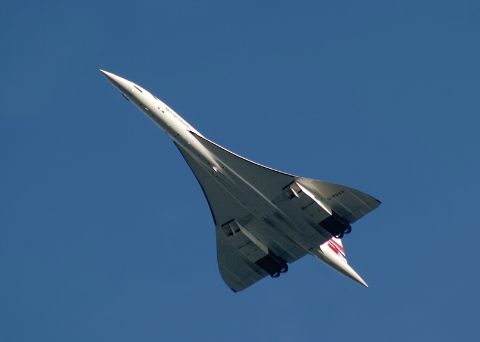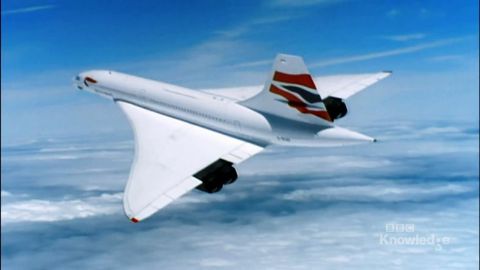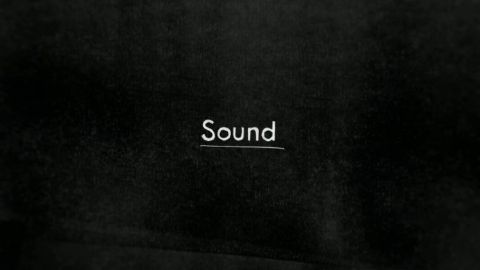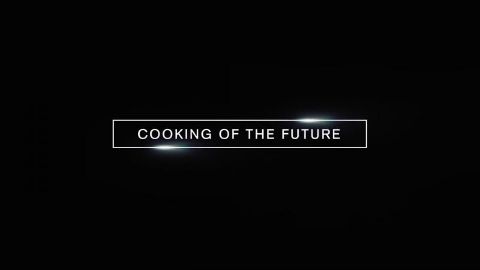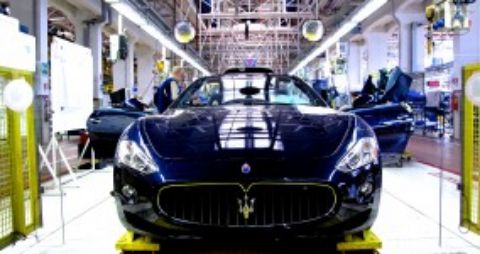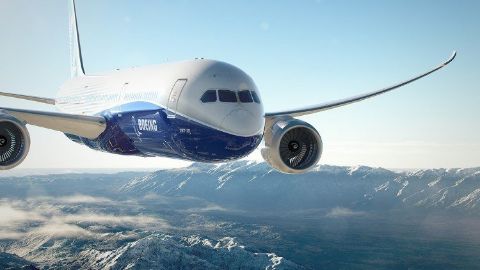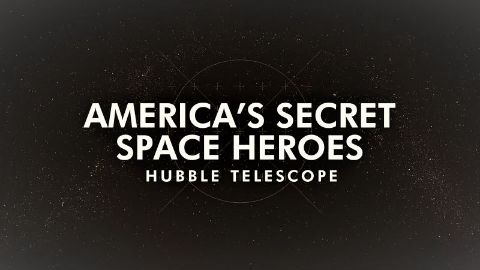Part 2 • 2017 • episode "S1E2" • Concorde the Supersonic Race
In 1976, the dream of supersonic commercial flight became a java: Concorde transported its first passengers. In the United States, Concorde awaits a new challenge: the competent service refuses to grant permission to land in New York. Over time, the White Bird becomes an aircraft of celebrities and important people. Three years after the tragic accident in 2000, Concorde was withdrawn from the service. Today NASA engineers in Ohio and Boom Supersonic experts in Denver reveal our latest research on supersonic flights of the future inspired by Concorde.
Make a donation
Buy a brother a hot coffee? Or a cold beer?
Hope you're finding these documentaries fascinating and eye-opening. It's just me, working hard behind the scenes to bring you this enriching content.
Running and maintaining a website like this takes time and resources. That's why I'm reaching out to you. If you appreciate what I do and would like to support my efforts, would you consider "buying me a coffee"?
Donation addresses
BTC: bc1q8ldskxh4x9qnddhcrgcun8rtvddeldm2a07r2v
ETH: 0x5CCAAA1afc5c5D814129d99277dDb5A979672116
With your donation through , you can show your appreciation and help me keep this project going. Every contribution, no matter how small, makes a significant impact. It goes directly towards covering server costs.
